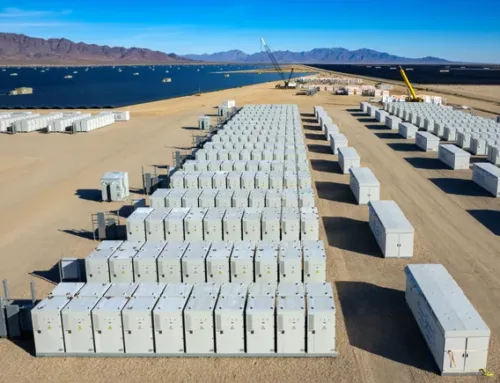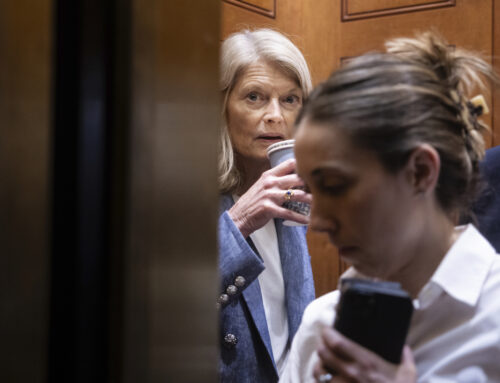If I claim to love the environment, what should my life look like?
July 1, 2025
By
Audrey Tan
If I claim to love the environment, why do I still drive? A colleague asked me that question a few months ago. It is a question that has stuck with me.
Why do I still eat meat? Should I not fly? Is shopping out of the question? If I shop second-hand but still eat meat, does that make me less qualified to say I care about the planet?
Questions about how much individuals should do, and what effect their actions may have on the environment, are evergreen. I remember one interview in which a politician, in response to criticism about climate change policy, asked if the detractors use mobile phones, which are associated with its own share of emissions. Yet another conservationist was asked in Singapore how she reconciled her advocacy with the fact that she was flying all over the world.
The message was implicit: Who are you to judge, if you are part of the system that is contributing to environmental decline? On the other side are individuals who struggle to live green, and find that their efforts are futile in the face of the systemic emissions-intensive, throwaway culture.
I have three points to make about my colleague’s question:
- Individual action can feel small, but they add up.
I saw this first-hand when I visited South Africa in 2018 to cover the water crisis. Reservoirs in Cape Town had dried up due to a prolonged drought. A strict water limit of 50 litres of water per person per day – about a third of an average Singaporean’s water use – was imposed to avoid the point at which the water supply would be shut. That day never came, thanks to a slew of measures, including citizens’ cooperation in managing their water use.
Separately, My parents are not environmentally-conscious people. But I recently learnt that my dad was taking his own tingkat to takeaway food because he was conscious about the excessive use of plastic. Not gonna lie, that was one of the proudest moments of my life.
- It is not about individual action OR systemic change.
We need both. Most of the emissions causing climate change come from large entities that burn fossil fuels, clear forests, and so on.
But individual action can signal what change is needed to governments and businesses. At times like this, when climate action is facing so much backlash and competition from cost of living concerns, this is all the more important. Voting with one’s dollar, speaking up, making lifestyle changes – all of them show how individuals are demanding systemic change.
- Individual change needs to be sustainable.
The business-as-usual is shaped by economic forces that do not factor in pollution to the environment. Cultivating green habits can be costly and inconvenient, and need to be gradually incorporated into a lifestyle if these habits are to be sustained.
Some of my friends in the sustainability space have started their own journeys by making incremental tweaks, including:
- Using the car only on weekends.
- Eating one vegetarian meal a day.
- Offsetting emissions from travel, being a discerning tourist.
In the face of the three planetary crises confronting the planet today – climate change, nature loss and pollution – these actions can seem small. But by knowing the scale of the problem, and calibrating our actions to address this incrementally, we can reduce our impact on the environment.
This would look different for everyone. For me, the lowest hanging fruit is to reduce my use of disposables, and being willing to pay more for local produce and sustainable products.
The next step is to be okay with less convenience. I’ve started taking public transportation more often, and am trying to incorporate more vegetarian meals in my diet. I’m not as perfect a green ambassador as I’d like to be, but I am certainly trying.
Recommendations:
More articles by The Straits Times
Explore topics
Search
RECENT PRESS RELEASES
Related Post




